Building High-Quality Athletic Facilities
Three ways how ICM’s approach leads to better sports construction projects at all levels of play.
Athletic facilities build and grow community energy and passion—beyond serving merely as a place to sit and watch a game. Quality, state-of-the-art environments attract not only more (and new) fans to events but invite more people to the community in general. Aside from being comfortable and practical for fans who attend sports events and the athletes who participate, in the case of collegiate athletics, top-notch, upgraded facilities are a powerful welcoming beacon on high-definition TV screens everywhere, showing the world what a great experience the athletic program and institution have to offer.
Sports are big business, but passion and emotion drive it. Professional teams and colleges bring in millions of dollars in revenue each year, driving growth in related markets and powering local economies through fan spending. Even the youth sports industry is worth more than $19 billion, a size rivaling the NFL.
The Pavilion at Ole Miss, a state-of-the-art collegiate basketball facility, was designed with the fan experience in mind, seating 9,500 people and featuring two restaurants, three suite levels and the largest center-hung video display board in college sports. At $96 million and over 500,000 square feet, it’s also one of ICM’s largest projects. This photo, from the Pavilion’s inaugural matchup between Ole Miss and Alabama, is a testament to the excitement sports can bring to a community. Learn more about the project.
As a result, investors, public officials and school administrators in communities across the country have been inspired to build sports complexes that are attractive to players, accommodating to fans and exciting spaces to play or watch a game. Sweeping, televised shots of stunning stadiums and behind-the-scenes glimpses of modern locker rooms and VIP areas also foster national excitement and, consequently, more ROI.
Innovative Construction Management (ICM) has a renowned reputation for building athletics facilities that meet these needs and are tailored to specific uses and communities. Our experience in sports construction ranges from elementary school playgrounds and gymnasiums to collegiate stadiums at both Mississippi State University and the University of Mississippi.
“The extensive range of sports facilities and projects that ICM has built encompasses every age and level of play for a variety of sports,” said ICM Division Manager Bryan Ellis.
“ICM is the reason the Pavilion at Ole Miss was finished on time and under budget.”
Ross Bjork, Former Athletics Director, The University of Mississippi
In each construction project, we’ve served as both the owner’s advocate and ally, ensuring each phase is completed to the highest standard while staying on time and under budget.
This article details several key considerations for building athletics facilities, as well as three ways that ICM’s approach to construction management can create a better outcome regardless of the sport or level of play.
1. ICM incorporates various stakeholders while keeping projects on schedule.
In the fast-paced world of sports, an unfinished field, court or stadium is unacceptable. Whether they’re a player, coach, or fan, no one wants to miss the start of the season; the stage must be set and ready. What’s disappointing at the youth and high school levels can be devastating for colleges when vital revenue from ticket sales, concessions and TV deals is at stake.
The key to successful sports construction projects, said Ellis, is extensive and thoughtful planning. With ICM, this can begin even while still developing plans or securing the funding for a new project.
“My first piece of advice above all else is that you need to start planning before you think you should,” Ellis said. “Don’t try to do it on your own. Give us a call, and we would be happy to help with a free consultation.”
At ICM, we work with owners to get a finish date early on, then base phases around that hard deadline. The major phases of a project include:
ICM oversaw the planning for and completion of an indoor tennis facility at the University of Mississippi. The 50,000-square-foot space was built on a twelve month schedule in spite of several complications and hurdles. Ole Miss Athletics Director Keith Carter said about the project that “ICM has gone above and beyond their contracted obligation in countless situations to make sure all of our needs were met.”
Planning: The owner determines the amount, size and type of facilities they need, conducts a feasibility study and then begins raising funds for the project. Even before plans are made, ICM can consult with owners about budget, timeline, funding methods and other key aspects of a project.
Preconstruction: An architect and design team work together to create plans for the facility. ICM supports you during this phase with an extensive review process focusing on cost-benefit analysis and constructability.
Bidding: As a construction management company, ICM can conduct the bid process in the most cost-effective way while giving owners the best shot at getting qualified contractors. Our estimating department does extensive research on potential trade partners to bid on the packages.
Construction: As the project is built, ICM prioritizes keeping the arrival and work of trade partners on schedule, monitoring the quality of materials and trades and communicating about progress and potential issues.
By phasing out projects, our team thinks about projects holistically throughout the entire process. We can anticipate potential issues and work ahead to ensure materials arrive on time, a bigger concern than ever with current supply chain disruptions.
Mississippi State University called on ICM to oversee a complete a rebuild of one of college baseball’s iconic venues, Dudy Noble Field. ICM structured the project so that the rebuild would be finished on schedule while players and fans could still enjoy the 2017 and 2018 baseball seasons. You can watch a video all about the construction process here.
In the process of completing projects, we also can complete different parts of construction to plan around a project’s unique needs. For instance, when ICM worked on Dudy Noble Baseball Field at Mississippi State, we completed the project in two phases over two years, pausing construction to allow the team and fans to use the facility during the season.
This phased approach allows ICM to incorporate the perspectives of everyone involved on a project, from facility managers and coaches to investors and donors. This allows us to meet the differing needs of everyone involved and effectively tailor our work to the multitiered owner situations common in sports construction projects.
“With ICM on our team, we are reassured that every project is a success and our objectives are achieved.”
— Bobby Tomlinson, Former Associate Athletic Director, Mississippi State University
2. ICM ensures high-quality work and products at all levels.
A unique aspect of most athletics construction projects is the specialty products they require. For ICM and for our clients, getting things right the first time matters. Our priority is to provide owners with the best trade partners and products available to them.
We have conducted research and placed orders of everything from the rings, beams and airbags in a youth gymnastics facility to the high-tech fiber and audiovisual systems which make SEC TV broadcasts possible. We researched, found and installed a special type of dirt necessary for rodeo horses while working on the Lafayette County Multipurpose Arena.
Details can make or break a project. This signage from the new locker room at Mississippi State University’s Davis-Wade Stadium shows how ICM captured MSU’s precise brand and made it come to life through design and construction. Learn more.
One crucial, yet often overlooked, aspect of sports construction is lighting. In addition to being installed correctly, a facility’s lights must be powerful enough to meet the team’s needs or, in the case of SEC universities, bright enough to film high-definition TV coverage of games. To ensure the quality of the lights, we do a late-night test to measure the brightness of the light in foot-candles, a process we recently completed for Oxford High School’s baseball and softball fields.
We also take the time to learn the ins and outs of a team’s brand so that we can keep branding consistent. Colors, for instance, are a key component of a team’s identity. To get precisely the right shade that a team uses, we research manufacturers, gather samples and clearly communicate with athletic directors and other stakeholders at each step.
Much of ICM’s sports construction experience has included large collegiate athletics projects, such as Dudy Noble Field, Vaught-Hemingway Stadium and The Pavilion at Ole Miss. The lessons learned and knowledge gained from these large projects carries over into every project we work on, no matter the size.
“Our procedure is the same, whether it’s a $5 million project or $50 million,” said Kyle Reeder, one of ICM’s superintendents. “We’re going to be there early on in the project and after the project’s finished. We’re around if the owner wants to add or change anything after it closes out.”
A community-wide space for recreation, the Oxford Activities Center project had ICM managing installation and construction of everything from basketball, pickleball and volleyball courts to a gymnastics studio. Learn more.
Throughout all ICM’s experience, the biggest challenge of every athletics job is installation of sports equipment. This became apparent to Ellis while working on the Oxford Activities Center, a 32,000-square-foot recreational facility open to use by people across all ages throughout Oxford and Lafayette County, Miss. The project had eight basketball goals, retractable curtains, ductwork, high-quality sports lighting and an entire gymnastics wing with uneven bars, balance beams, two inground inflatable pools and trampolines.
“I cannot imagine going through the process without the help of ICM and Casey Rogers.”
— Seth Gaines, Executive Director, Oxford Parks Commission
3. ICM considers maintenance and liability early in the process.
Athletics facilities are used to their fullest and typically need repairs more quickly than other buildings. To preempt heavy wear and tear, the ICM team studies what structures and fixtures are in high-traffic areas and how users will interact with them during the constructability phase. This allows us to recommend the highest quality products that will last for years to come.
“We try to steer owners away from cheap products or upfront savings because those typically have long-term maintenance issues,” said Reeder. “We work within their budget to recommend the highest quality products so they don’t have those maintenance issues.”
Completed in August 2022, the new Oxford High School baseball and softball stadiums feature locker room and practice facilities, concessions, a ticket booth, two fields with natural and synthetic turf, LED field lights and press boxes. ICM worked with the design team and owner to develop the project, then oversaw construction. Learn more.
Conclusion
No matter the sports or level of play, stadiums, fields and other sports facilities are important spaces in communities. They are iconic places of interest where people gather and make memories as players and fans.
When building athletics facilities of any kind, engaging with construction management can make the construction process a better, smoother one overall.
“As construction managers, we are the owner’s ally and deliver every want, wish or need that they have while, at the same time, managing the trades for the owner,” Reeder said.
ICM’s approach to construction management can ensure that your project is completed on time, under budget and to the highest standard.
“Our athletics resume is superior, by far, to that of any local competitor,” Ellis said. “Our quality of work and knowledge of sports-related projects is really what sets us apart.”
Let us advocate for your next project.
If you would like to learn more about ICM and the innovation and quality we can bring to your next project, please contact:
Casey Rogers, President
direct: (662) 550-3051
cell: (662) 816-7326
casey@icm.construction
Michael Marino, Head of Finance and Business Development
cell: (662) 380-3338
mmarino@icm.construction
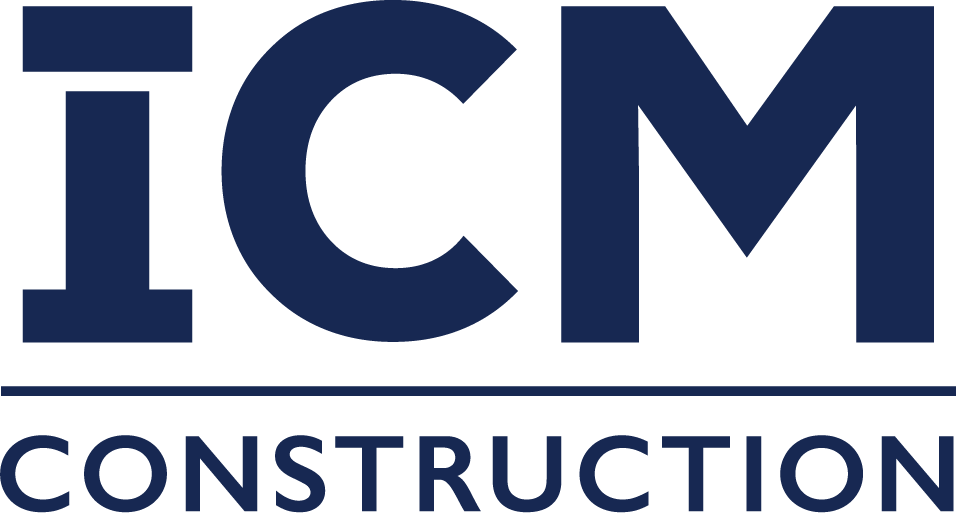
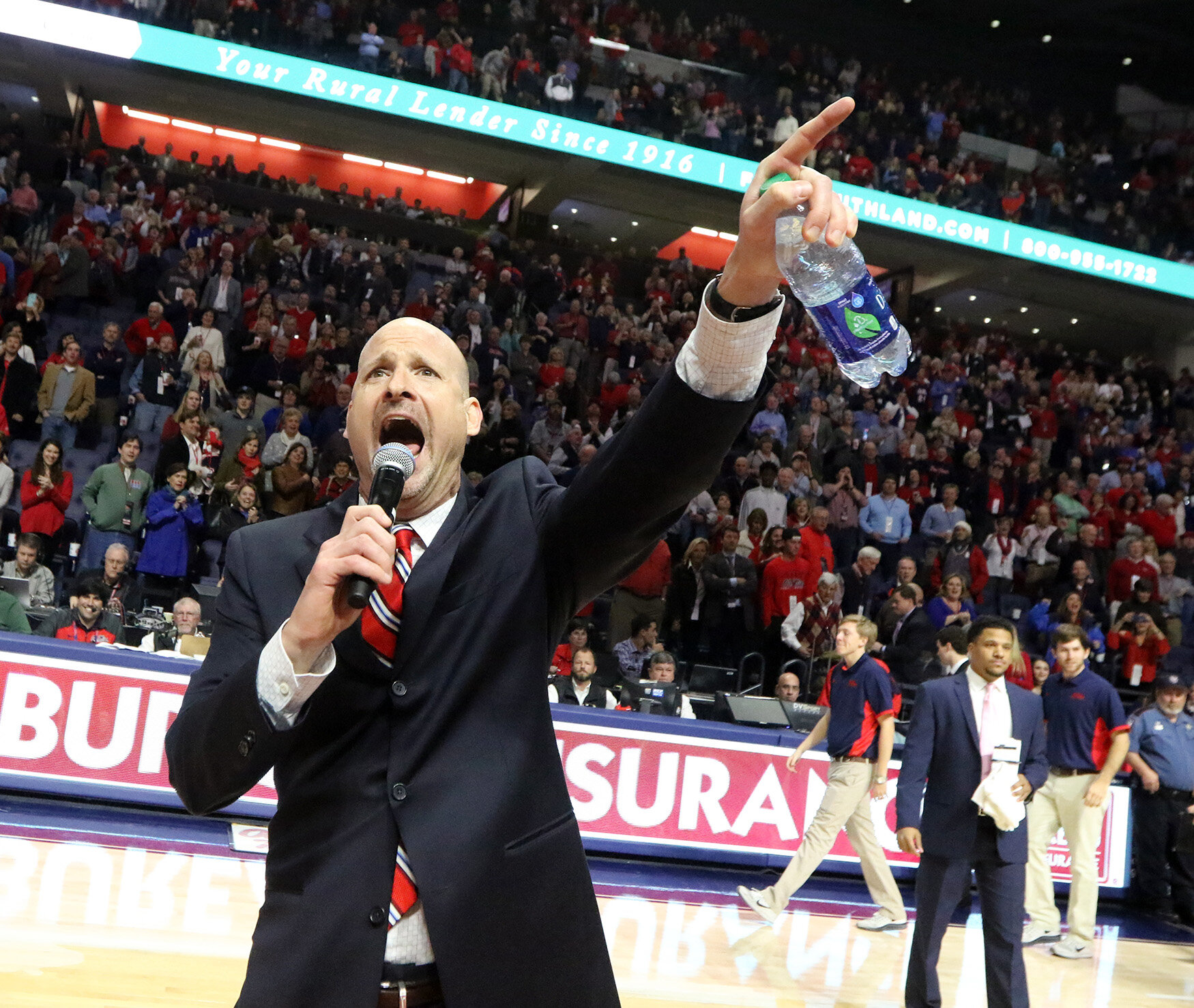

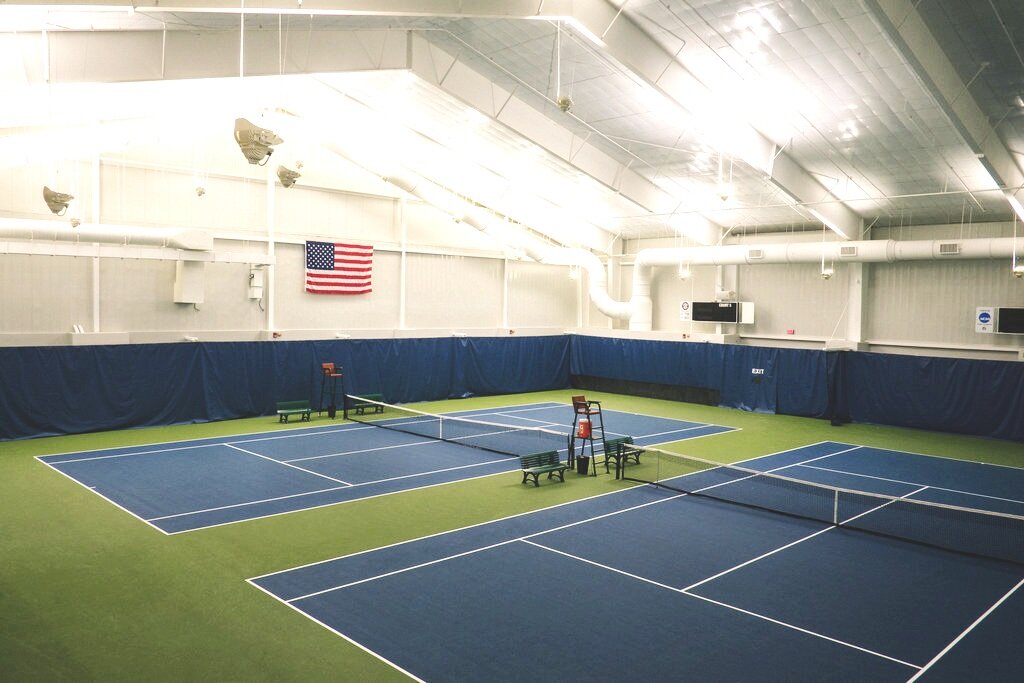

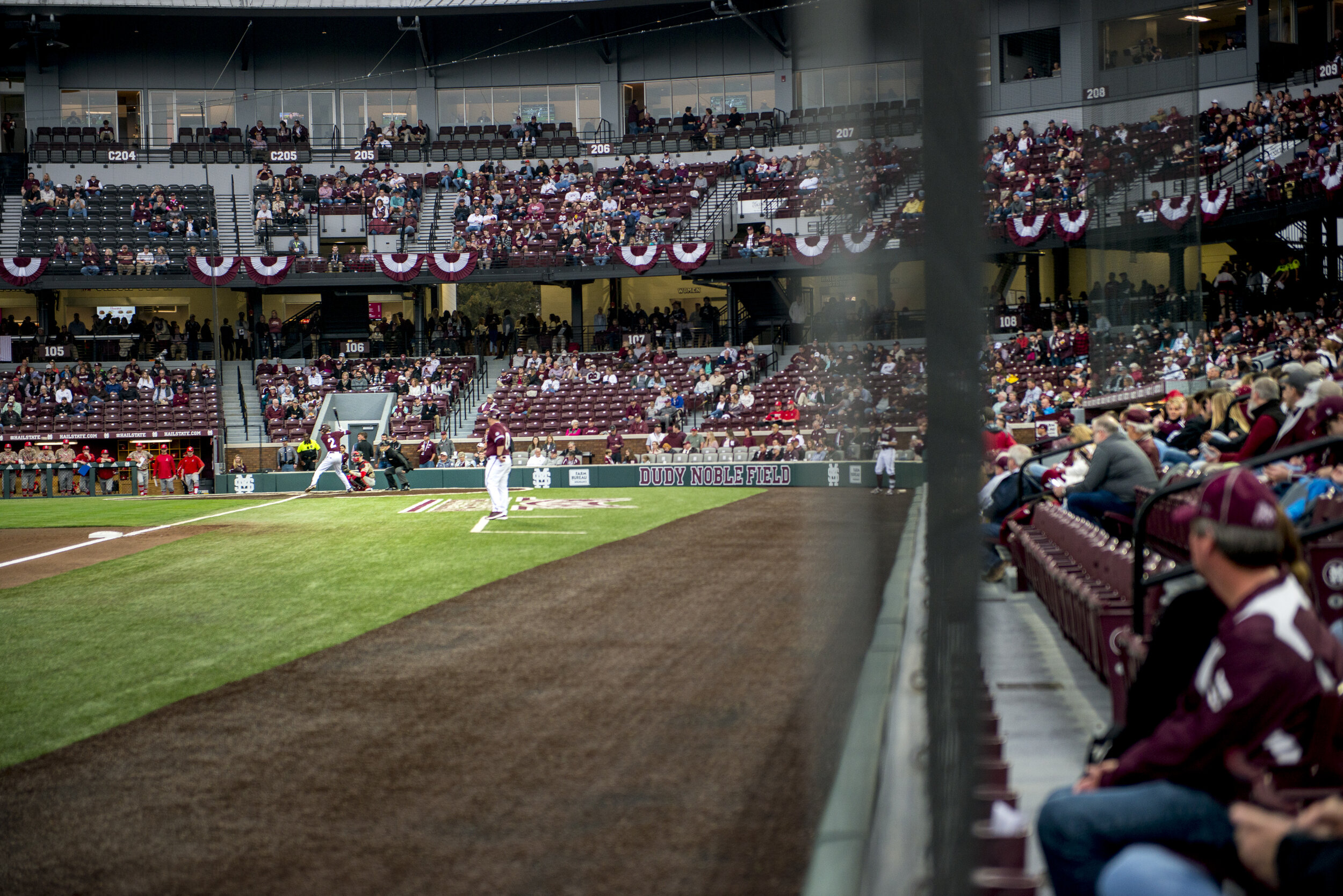
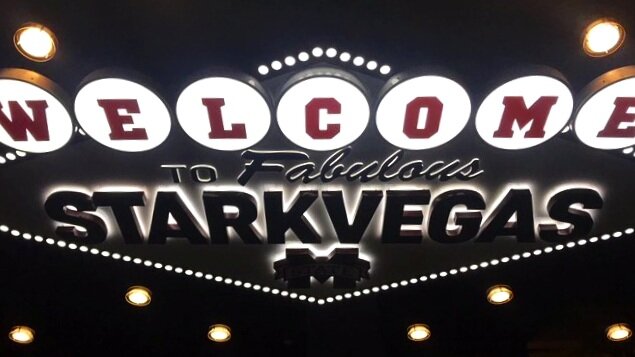

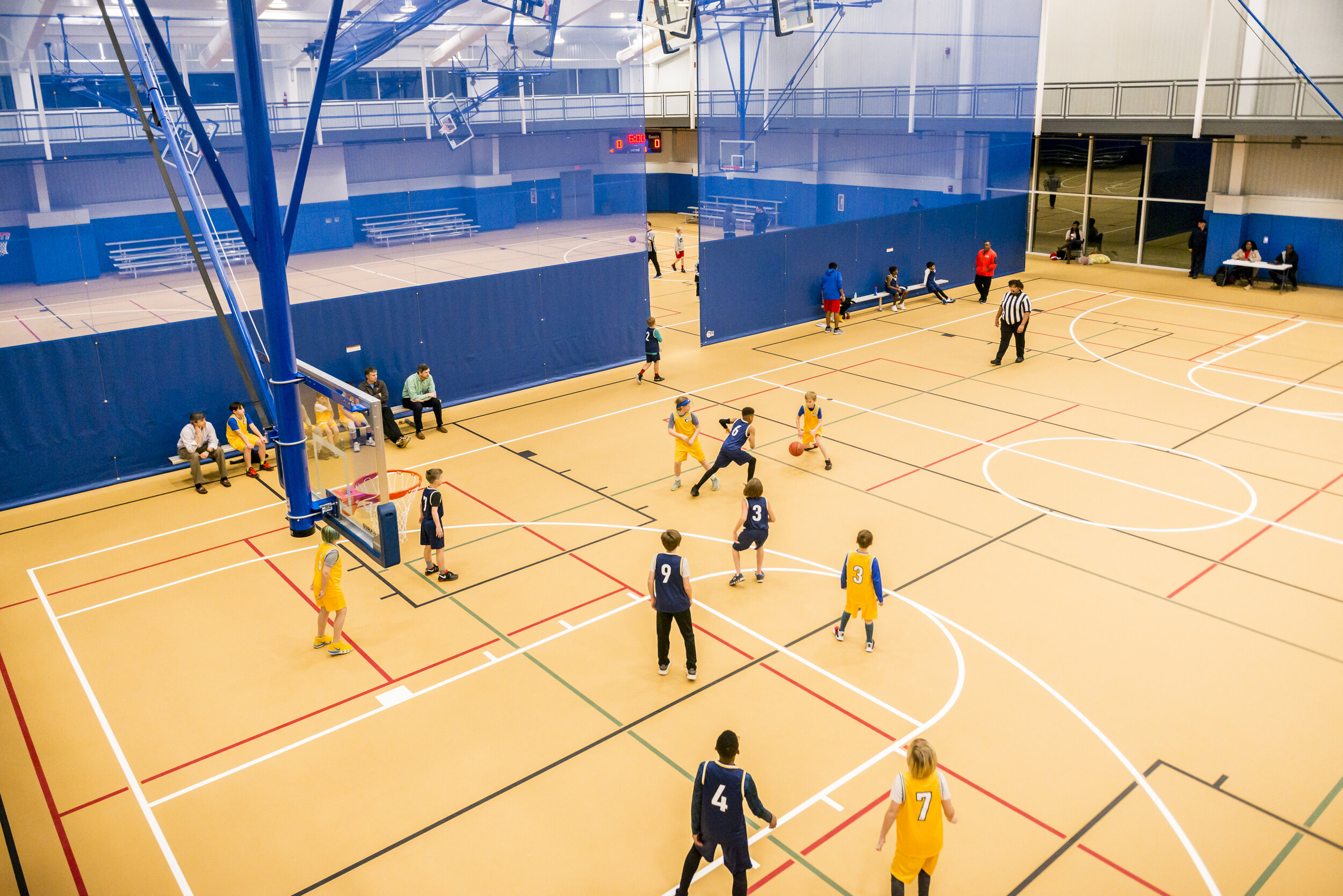
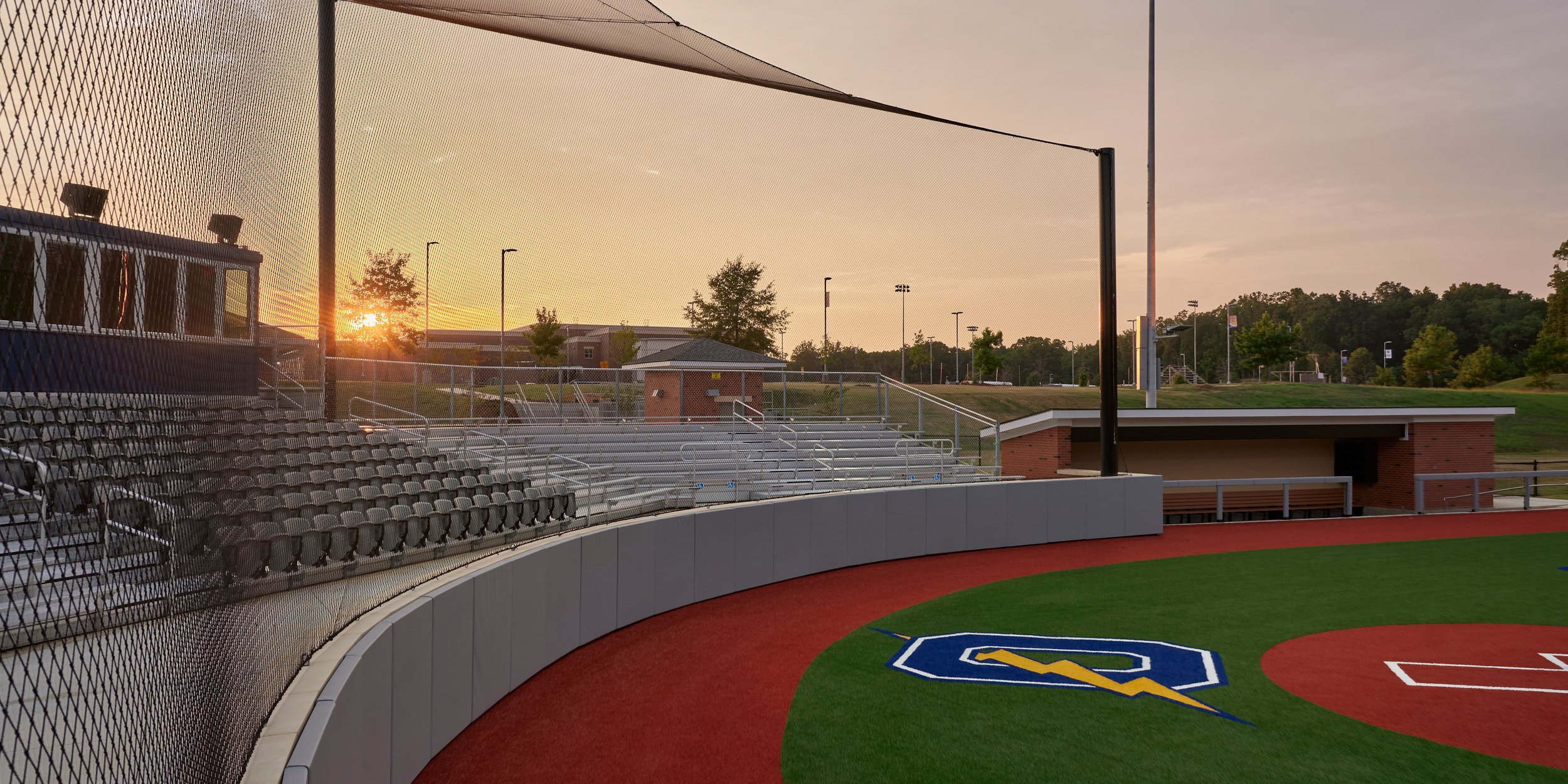











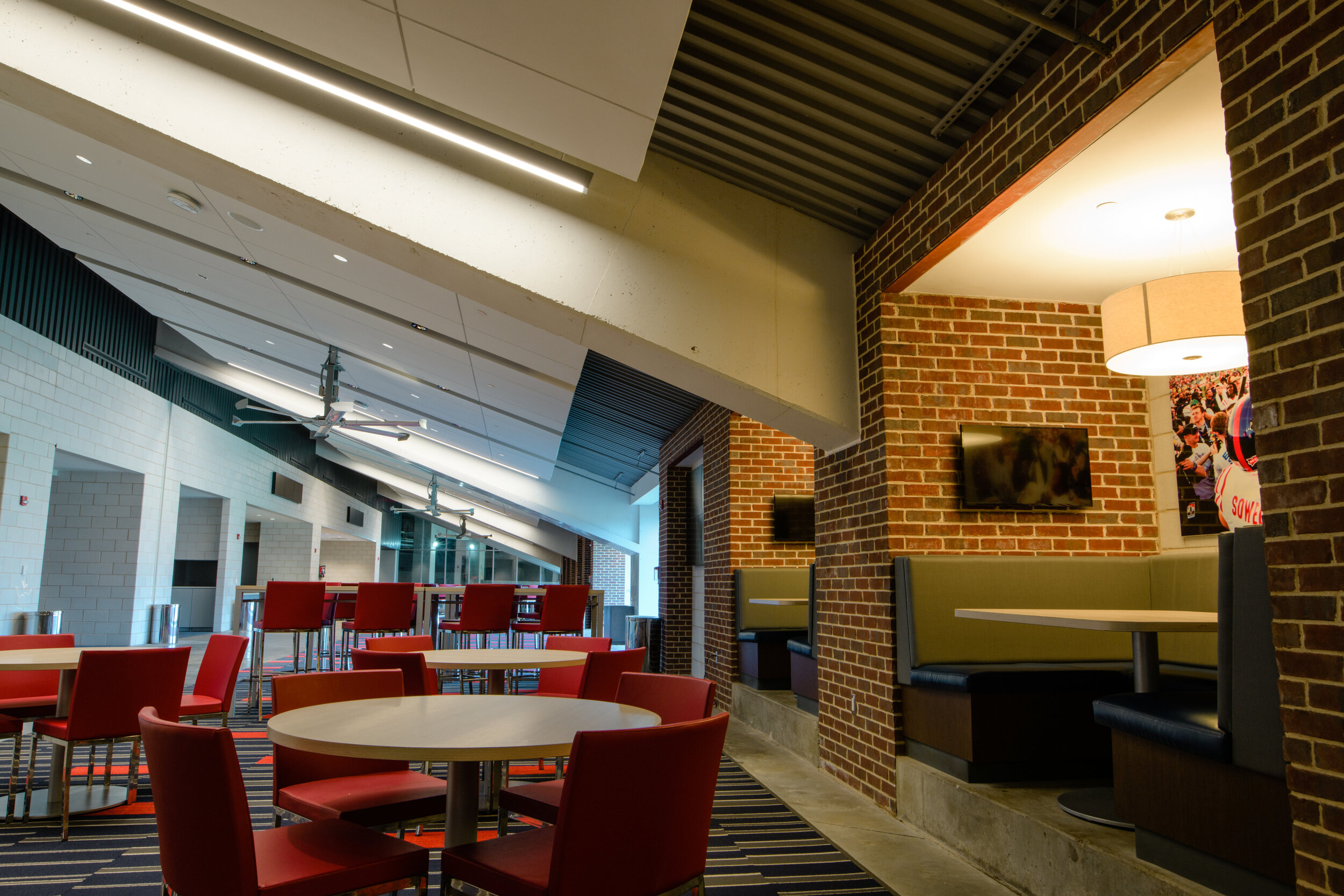
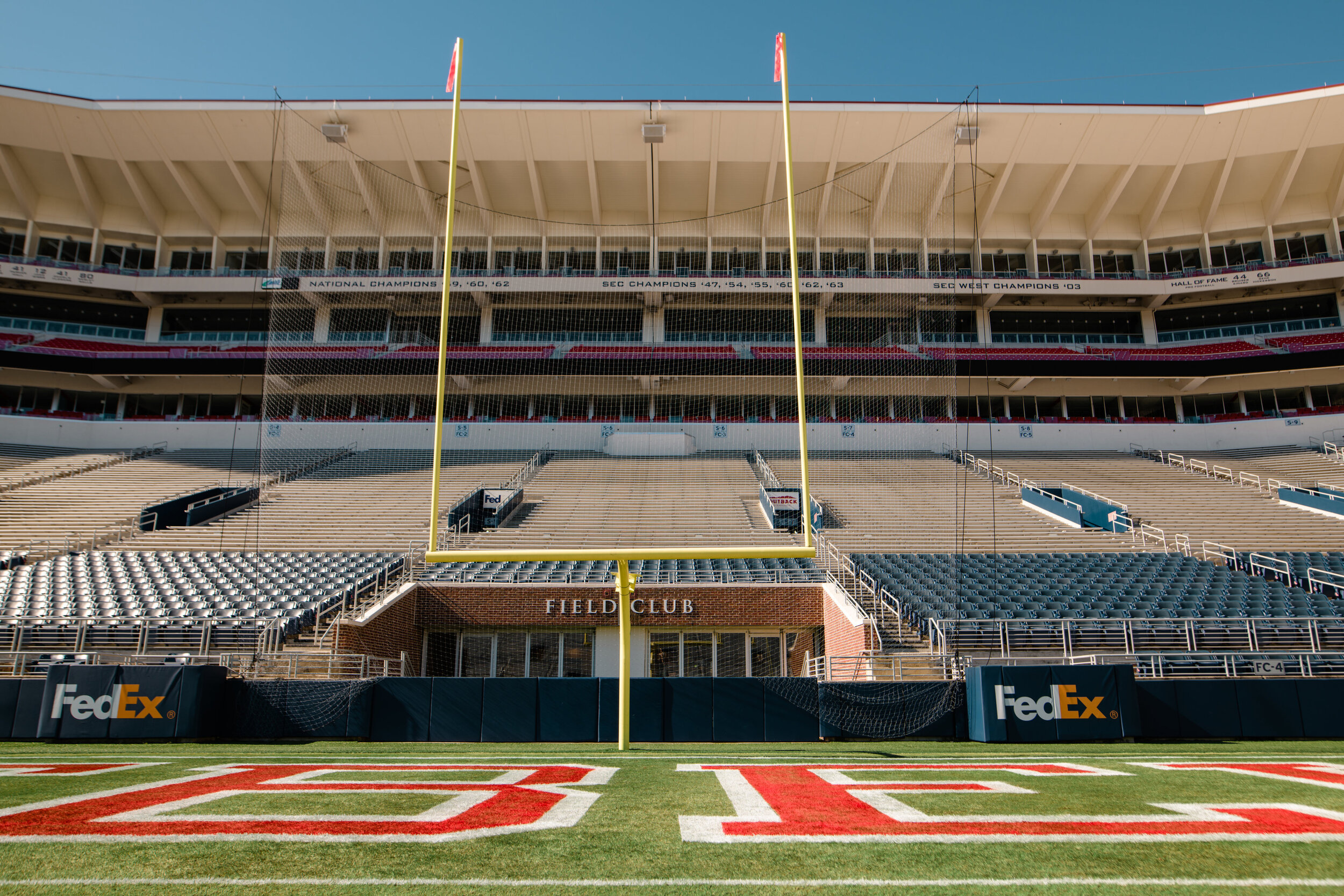









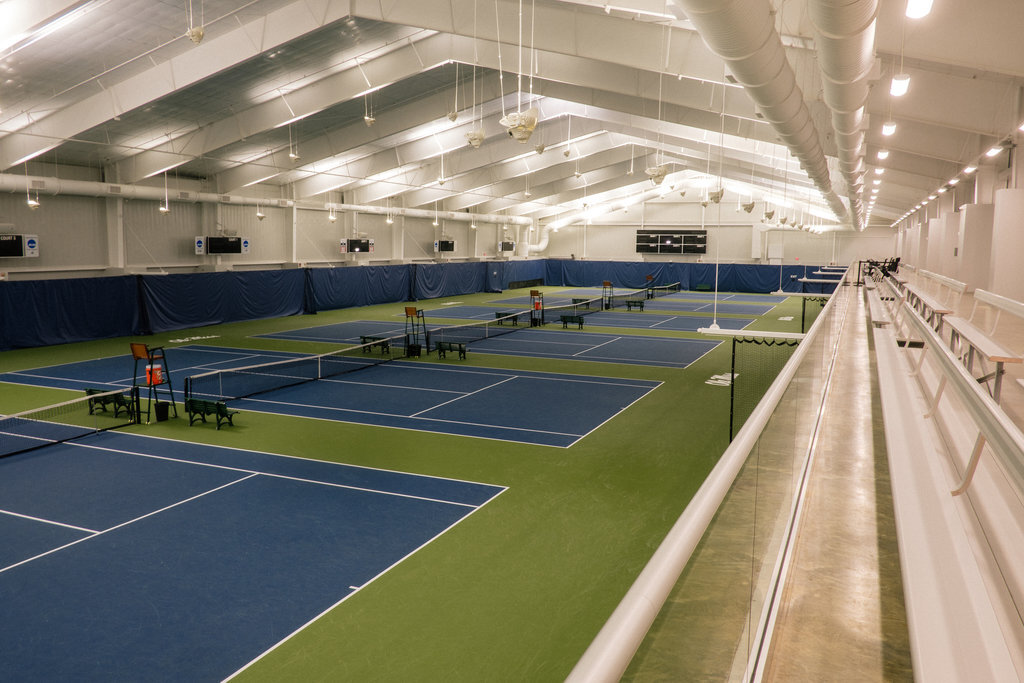
Total Project Cost: $20 million • Completed 2015-2016